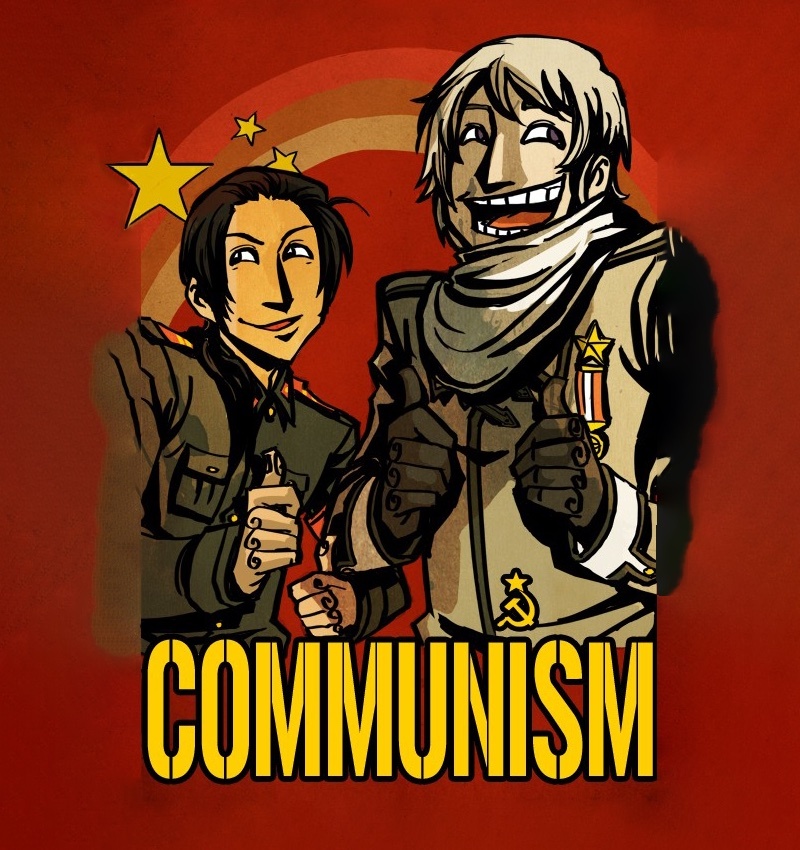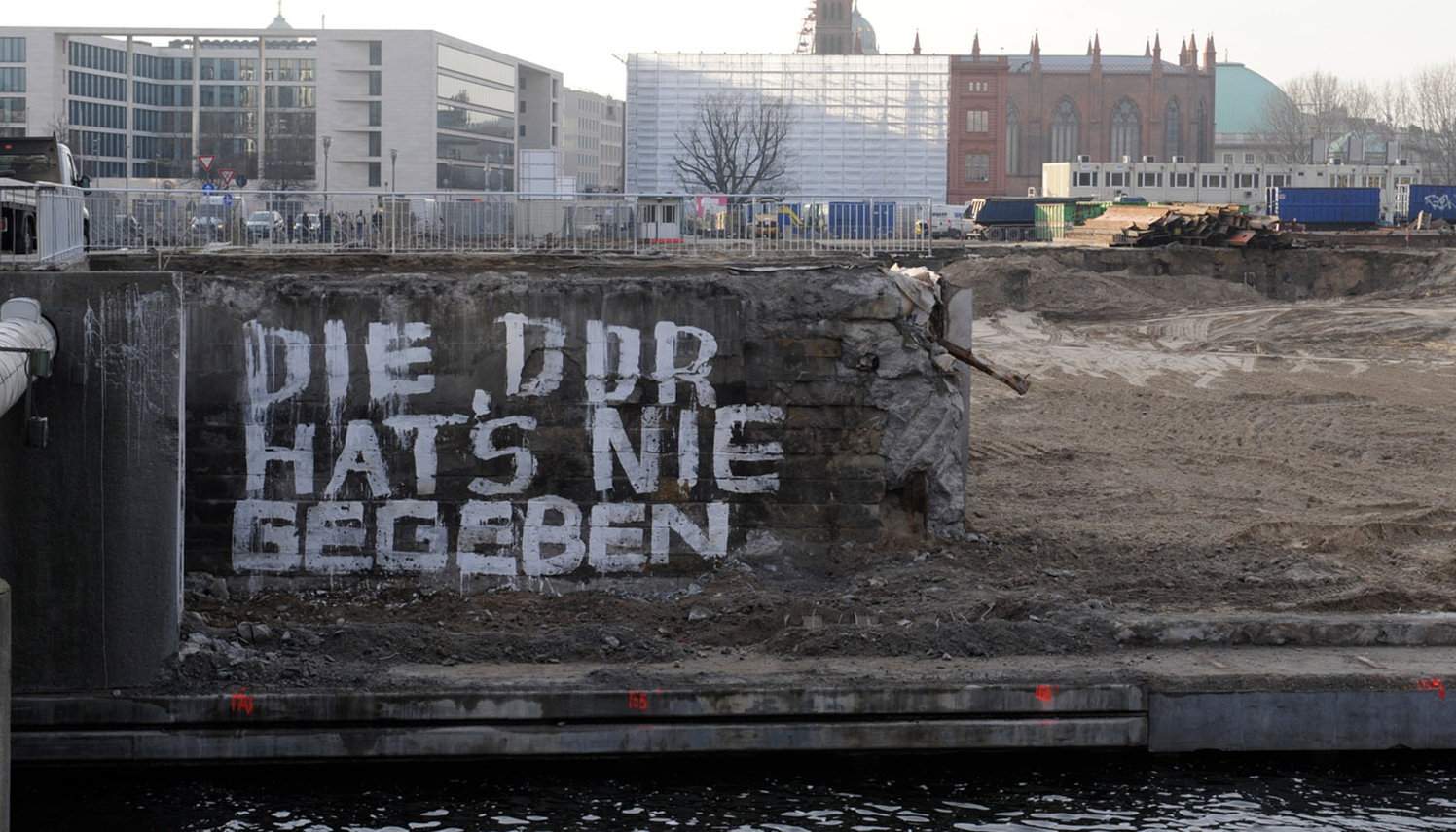

Well it has to do with the physiological afflictions that affect the skeletal structure of a comprador’s body. Per the Cleveland Clinic:
Kyphosis, an excessive forward curve of your spine, is a treatable condition that usually doesn’t affect a person’s day-to-day activities unless the curve is severe. An early diagnosis and treatment can address this condition before it gets worse.
In seriousness, the current South Korean leadership won its current position from a 0.73% margin in a 2022 election, largely through inflaming the South Korean societal gender antagonism, where they stood on the side of misogyny. Being carried into the Seoul presidency by incels, Yoon then proceeded to spend the majority of his time on foreign affairs, because the internal contradictions of South Korean society are simply insurmountable for President Incel to solve, whereupon he capitulated on all the historical grievances that previously prevented a South Korean junior partnership to Japan, like abandoning comfort women victims and allowing Japanese military stationing in South Korea. The point is to create a fait accompli of irreversible South Korea-Japan ties to bind South Korean foreign policy to the US in the New Cold War that any successor in Seoul would be unable to undo and therefore forced to abide to. Given that it was reported just today that his approval rating is at 20% and the same survey reported that “66 percent said South Korea should only provide nonlethal military assistance, such as medicine and food, to Ukraine,” I’d imagine he’s leaning all-in on foreign policy compradorism, by flouting the charade of South Korean “democracy,” as a means of carving out some semblance of a personal political legacy.
To be honest, this has parallels to the original Cold War. Helmut Kohl of the 1980s in the BRD was exactly this sort of bumblng blowhard. A wannabe Reagan and Thatcher two-for-one in Bonn, yet powerless to do anything for resolving BRD domestic conditions. He turned his attention then to foreign policy, aligning the BRD as a vassal to Reaganite geopolitical interests and tanking Ostpolitik with the DDR, similarly to how the current Seoul regime has destroyed the detente with the DPRK created by the Moon administration. Ineffective - until Gorbachev came along and sold out the DDR so that Kohl got to claim the “honor” of becoming the first chancellor of a “unified” Germany. In that instance, in terms of the narcissistic politician’s desire to secure a historical legacy, being a comprador to US geopolitical interests “paid off,” as repulsive as it is to admit.
In a larger sense, you could say that everything which the current historically unremarkable generation of leadership in both the West and its vassals like South Korea are doing resolves around clinging to the same hope, which in a macroscopic way helps to explain moves like this. They think they are on the winning team and therefore the only important thing to do is securing their number on this team. It’s akin to the doctrine of “proleptic eschatology” in Christian theology, where everything being done in the present is rationalized for the anticipation of the “second coming.” In this case, the “second coming” is that of a new Gorbachev figure who will deliver the West the victory to this New Cold War. The lesson they think they’ve learned from the original Cold War is that material conditions are fundamentally secondary in principle and irrelevant in practice: they don’t need to concede anything or “waste their time” resolving immense domestic contradictions or compromise with “the adversary” because a Gorbachev will inevitably come along to hand them the keys to the entire house once again and elevate their names into the history books like what happened to their predecessors.









The only proper documentary series on ancient Chinese history can only be “If History is a Bunch of Meow” which has English subtitles and depicts the dynastic story of Imperial China, except if the emperors were instead animated cats. It’s currently covered up to the 10th century.
For a more serious narrative, Professor Ken Hammond of New Mexico State University, a comrade from PSL’s Albuquerque chapter who just recently published his superb book “China’s Revolution and the Quest for a Socialist Future,” did a “The Great Courses” lecture series on Chinese history back in the 2000s titled “From Yao to Mao: 5000 Years of Chinese History.” They’re available as an audiobook from Audible and also on sites like AudiobookBay.